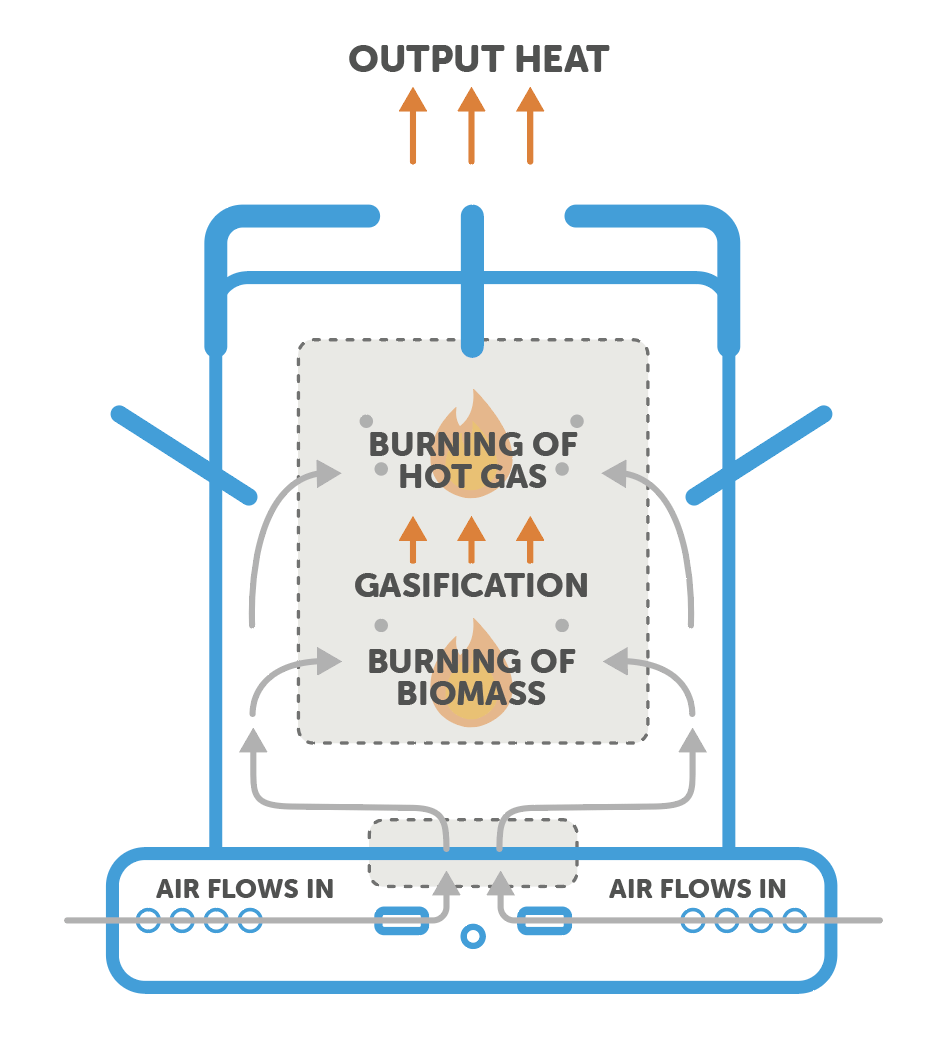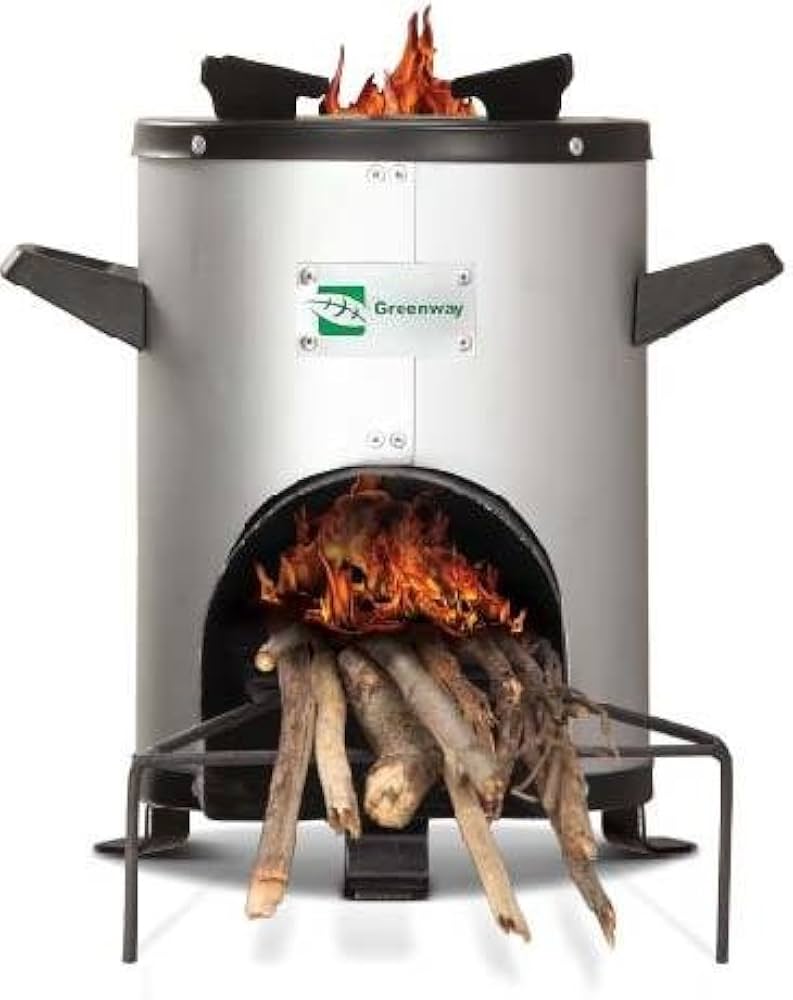Grace Wanyama used to spend her mornings collecting firewood, her afternoons cooking over an open fire, and her evenings coughing from the smoke that filled her small kitchen. Like millions of women across rural Uganda, she had accepted that cooking meant breathing harmful smoke and spending hours searching for fuel.
That changed when the Clean Cooking Initiative arrived in her village in Mbale District. The program introduced improved cookstoves that use 50% less fuel while virtually eliminating the indoor air pollution that had been affecting her family's health for years.

The Clean Cooking Revolution isn't just about technology—it's about transforming the daily lives of rural families. The pilot program in Mbale District has reached 200 households in its first phase, providing families with improved cookstoves that are both healthier and more efficient.

The health improvements have been dramatic. Dr. Samuel Mugisha, who runs the local health clinic, reports a 60% reduction in respiratory complaints among families using the improved stoves. "Women and children used to come in regularly with breathing problems, eye irritation, and persistent coughs," he explains.
Beyond health benefits, the stoves are creating economic opportunities. Women like Grace now spend half as much time collecting firewood, freeing up hours for income-generating activities. Some have started small businesses, while others are able to tend to their gardens or help their children with homework.
The program includes comprehensive training for local entrepreneurs who manufacture and maintain the stoves. Mary Nabirye, who now runs a small stove-making workshop, employs five people and has become a community advocate for clean cooking.
Grace Wanyama, who once struggled with smoke-filled cooking, now demonstrates the stoves to other women in her community. "When they see how clean my kitchen stays, how much less wood I need, and how my children can play nearby while I cook, they want to make the change too," she says.